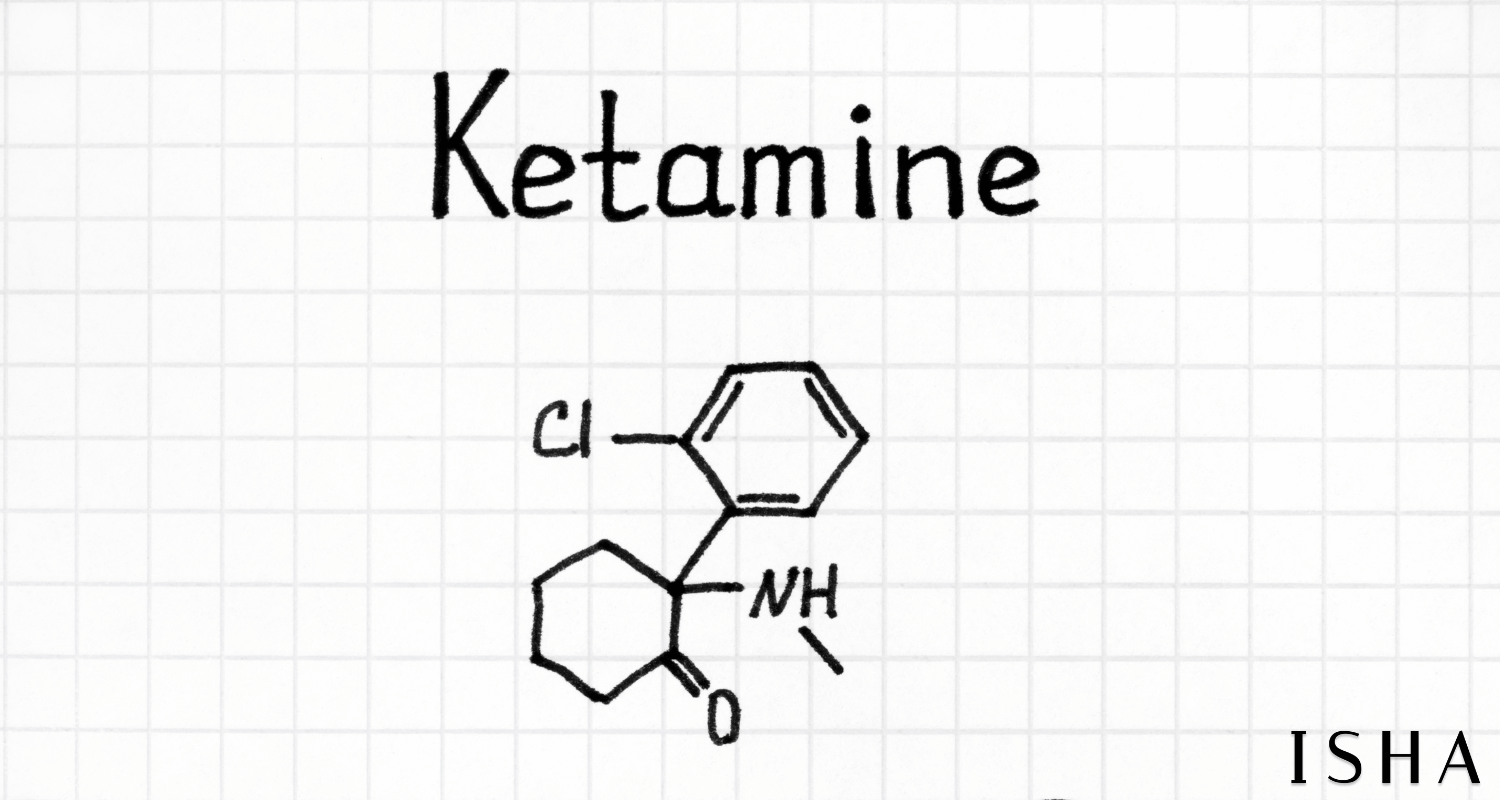Online Ketamine Treatment Available in: AZ, CA, CO, FL, GA, NY, OR, TX, and WA.
Online Ketamine Treatment Available in: AZ, CA, CO, FL, GA, NY, OR, TX, and WA.
FOR PATEINTS
Make an AppointmentpricingOUR TREATMENT APPROACH
Ketamine Therapy Basics
May 9, 2022
March 17, 2025
Lately, it feels like everyone in the medical community is talking about ketamine. After being synthesized in 1962 and used for over 50 years as a surgical anesthetic, ketamine has recently been recognized to be an effective treatment for depression and other mental health conditions. In this blog, we talk about six conditions that ketamine could be effective for.
Ketamine has recently received a lot of attention as an alternative treatment for depression. While only esketamine nasal spray (Spravato) and injectable ketamine are approved by the U.S. Food and Drug Administration (FDA) for specific uses, other forms like oral or compounded ketamine are used off-label or in research settings. Unlike traditional treatments such as antidepressant medications and psychotherapy, which often take weeks to months before an improvement is seen, ketamine exerts its effect within days.
Unlike traditional treatments such as antidepressant medications and psychotherapy which often take weeks to months before an improvement is seen, ketamine exerts its effect within days. Most patients report an improvement in their mood within the first month of the treatment, although it may take a bit longer for some. Even among patients with treatment-resistant depression, two thirds of them improve with ketamine treatment.
Ketamine has also been found to aid in the acute treatment of patients with acute suicidal behavior. This is an acute indication that requires close monitoring where in-person ketamine treatment is more appropriate than online treatment.
In addition to mood disorders, chronic pain, and suicidality, ketamine also works well for controlling anxiety from conditions such as general anxiety disorder and social anxiety disorder.
Post-Traumatic Stress Disorder causes a set of anxieties, intrusive flashbacks, nightmares, and other painful memories of an extremely stressful experience. Although typically used to describe service people returning from war, PTSD can be observed in anyone who has undergone traumatic experiences. Certain stimuli viscerally remind a patient of the negative experience and can cause a variety of symptoms similar to depression and anxiety.

Ketamine has been found to help patients recover from opioid addiction by decreasing the pain and cravings associated with withdrawal. In addition to alcohol, researchers are currently examining ketamine’s efficacy in treating other addictive substances such as alcohol and cocaine, and the initial results are promising. It’s believed that ketamine’s effect is mediated through its ability to help your brain learn new behaviors by forming new neural connections and pathways.
Researchers have also found that ketamine is useful for helping patients with chronic pain. In one study, ketamine was intravenously infused for 20 minutes and found to significantly reduce the pain reported by the study patients. It is hoped that repeat ketamine treatments would lead to long-term improvements by reprogramming the patient’s pain pathways. Most doctors currently rely on opioids to treat pain which can directly lead to addiction or drug-seeking behavior by patients. Ketamine would greatly reduce this behavior because it has a much lower risk of addiction and doesn’t provide the same ‘high’ that other drugs do.

ISHA’s approach is to offer this promising treatment as an oral therapy consisting of ketamine lozenges, to patients in the comfort of their own homes. With the use of telehealth, there is no need to find childcare or travel to a clinic or doctor’s office. Our medical professionals guide you through your sessions, monitor your progress, and help you overcome your illness.
Get the latest insights on psychedelic therapy, mental health, and innovative treatments—straight to your inbox.
Sign up
for the
Isha Health
Newsletter
More on
Ketamine Therapy Basics
This website has been reviewed by Isha Health California, P.C. and should not be used as medical advice in place of a licensed psychiatric clinician.
IN CASE OF EMERGENCY:
If you are in a life-threatening situation, don’t use this site. Call, text, or chat 988 or 1-800-273-TALK (8255), or use these resources to get immediate help.



.png)

.png)
.png)
.png)
.png)
.png)






.png)
.png)
.png)
.png)









.png)




.png)
.png)
.png)



.png)










.png)
.png)




.png)



.png)



.png)
.png)
.png)
.jpg)

.png)
.jpg)
.png)
.png)

.jpg)

.png)
.png)
.png)

.png)




%202.png)
.png)



.png)
.png)
.png)
.png)
.png)
.png)
.png)